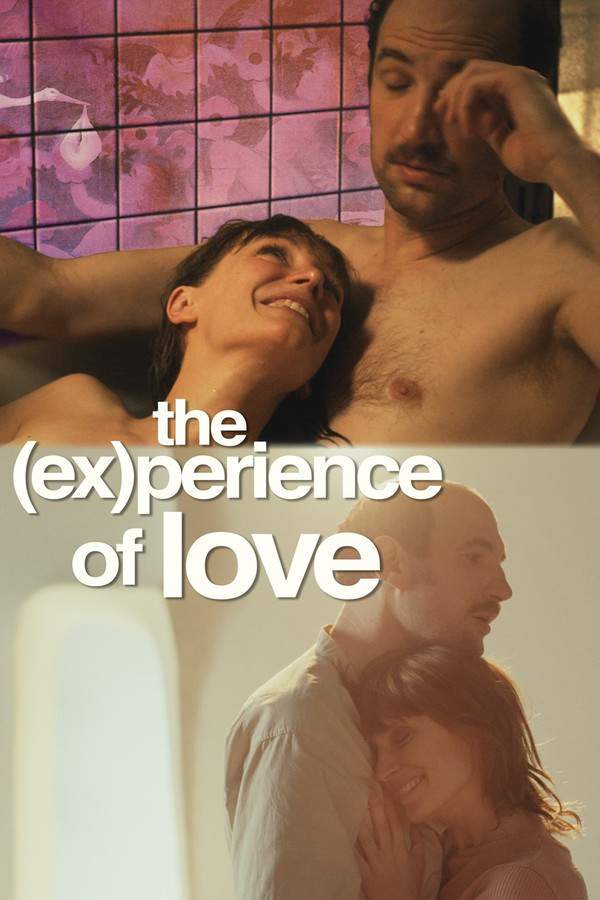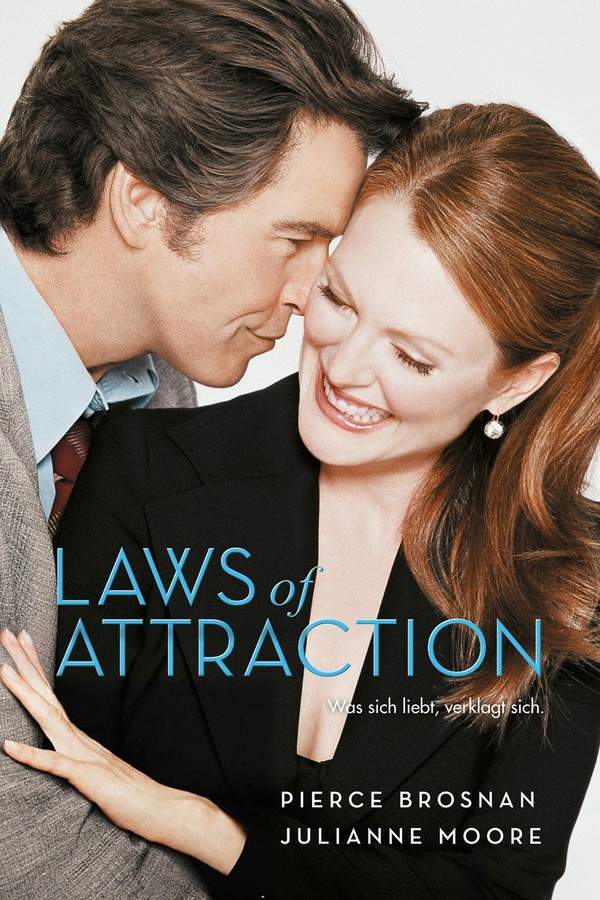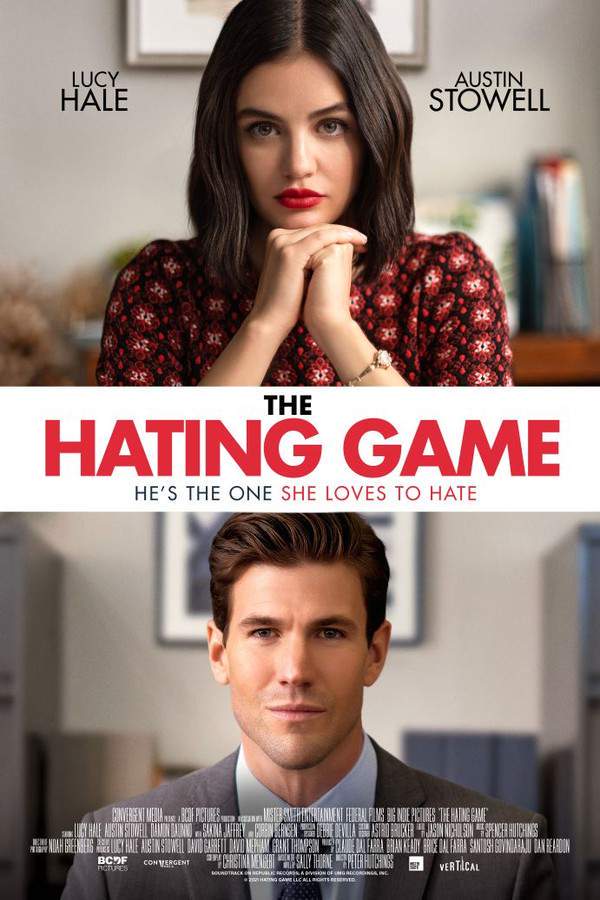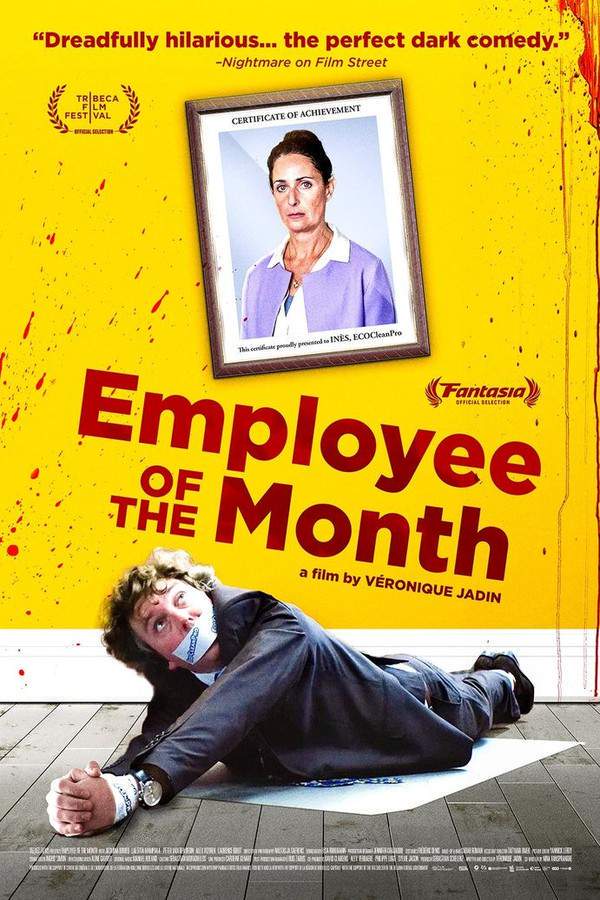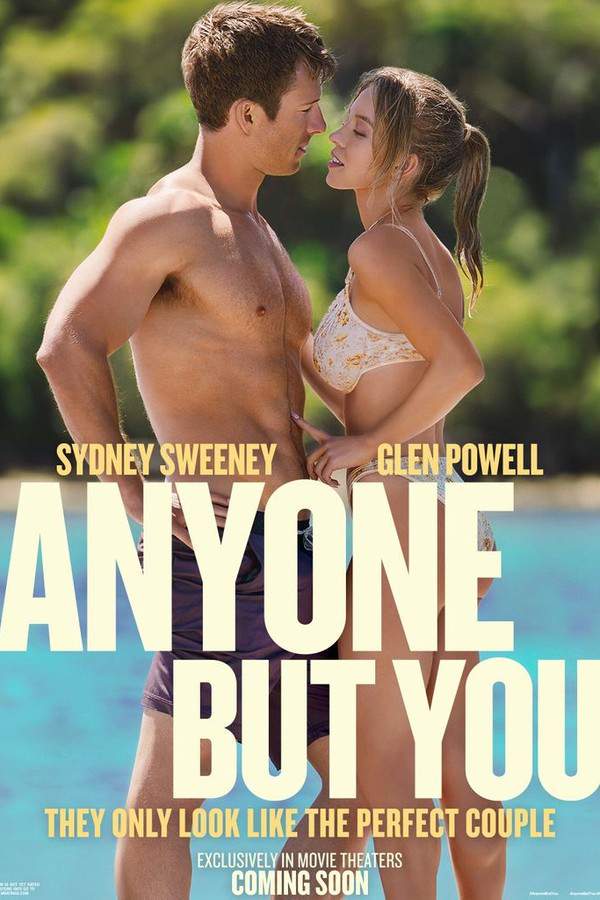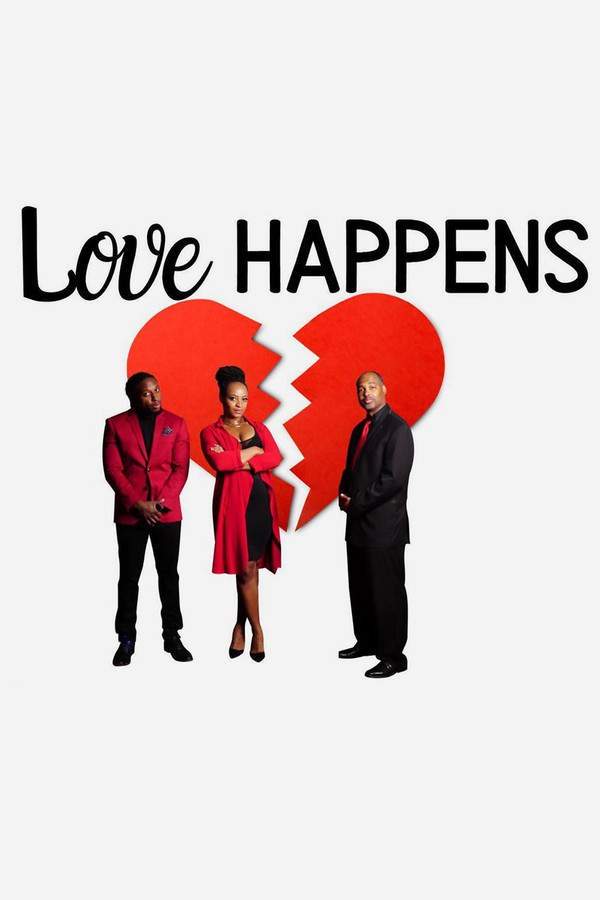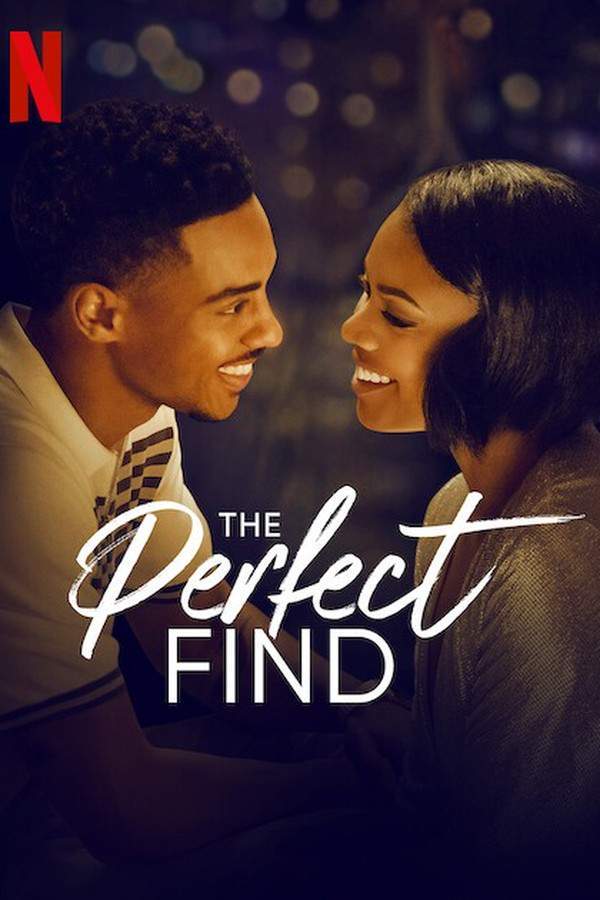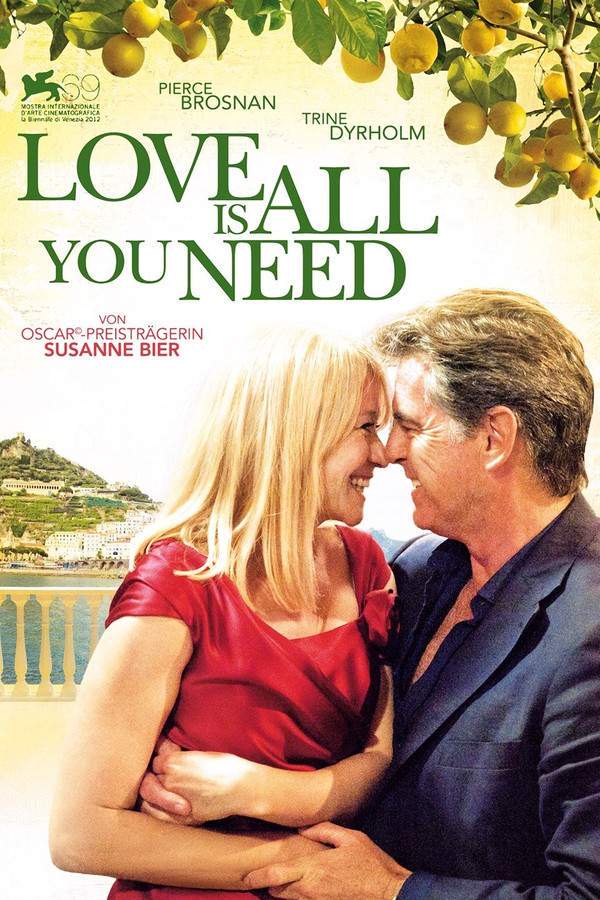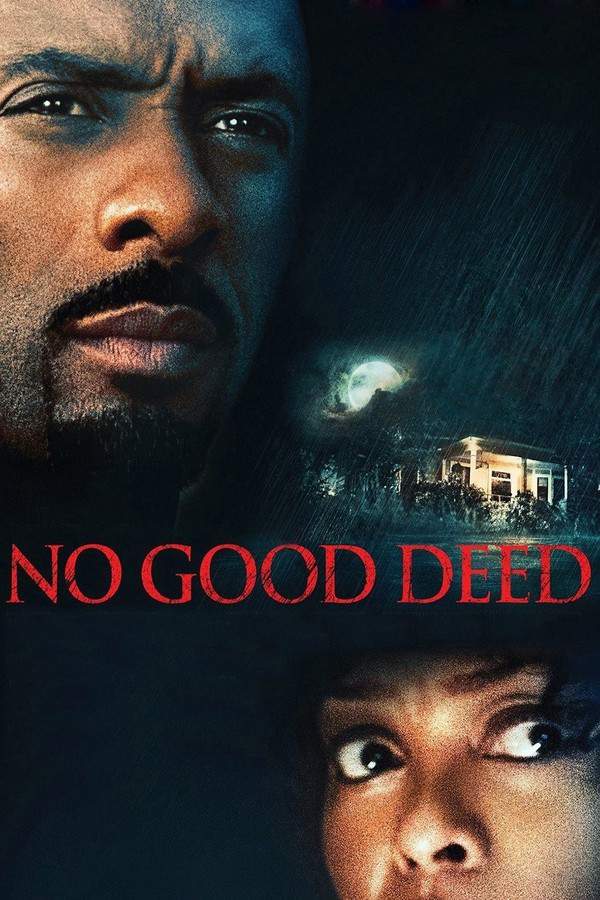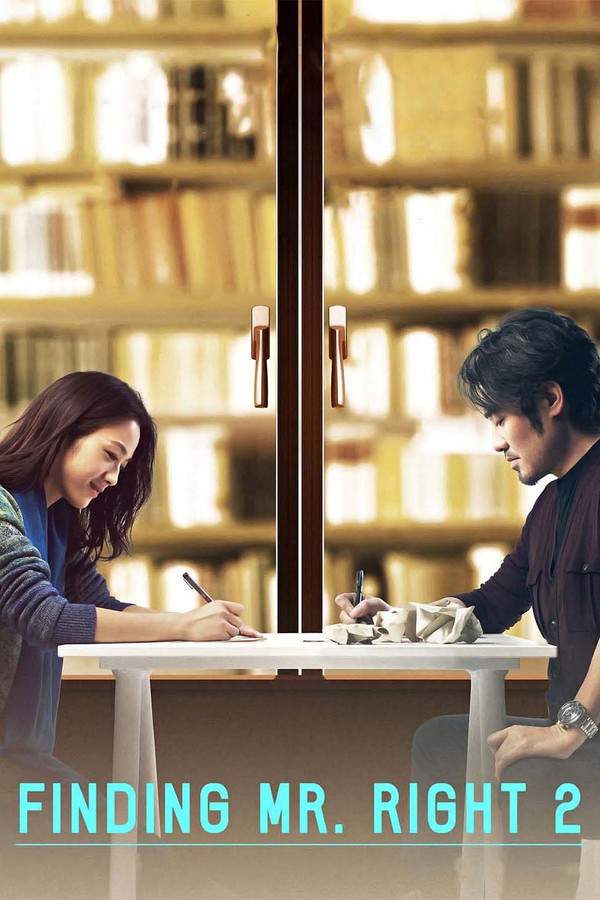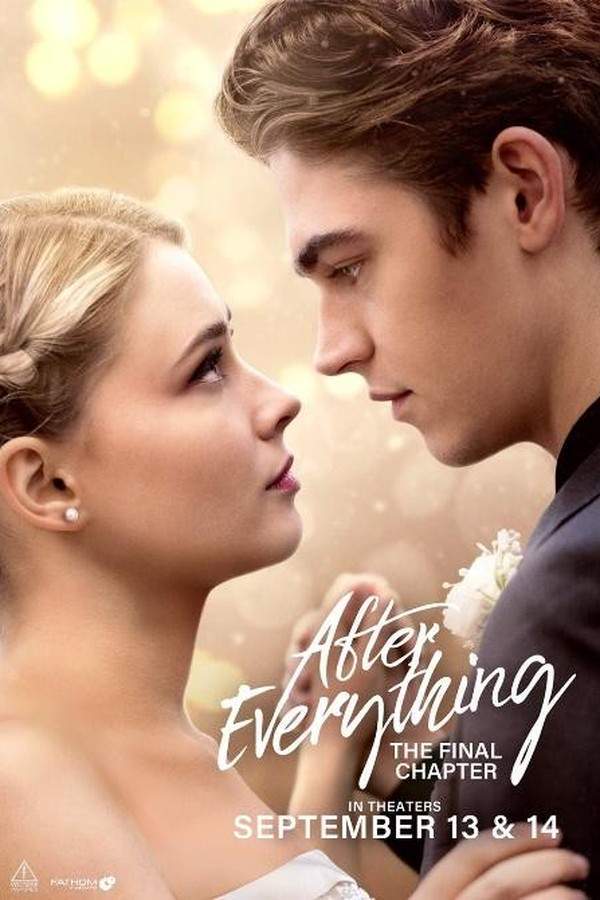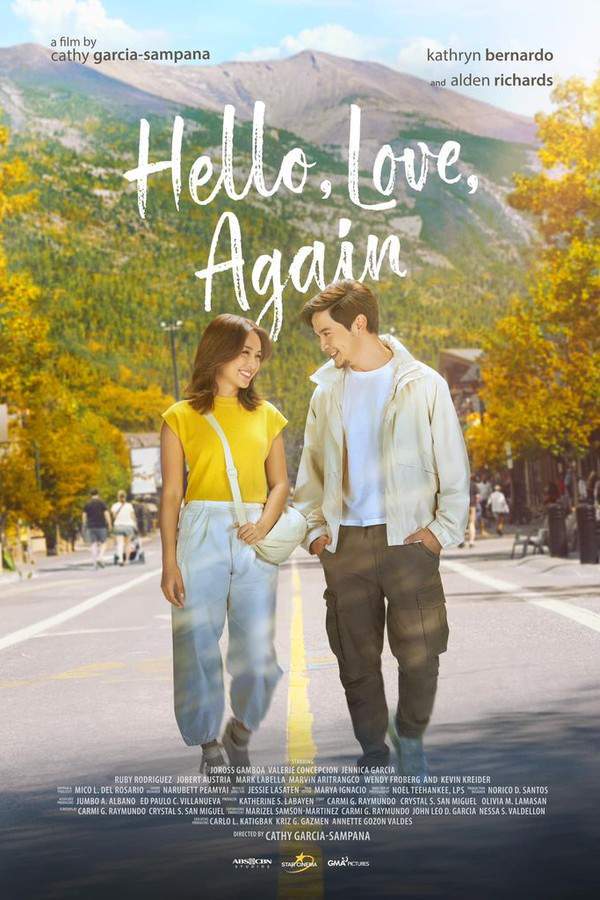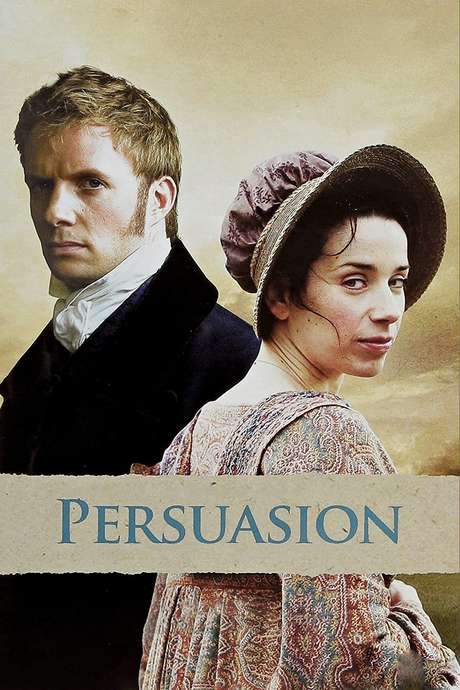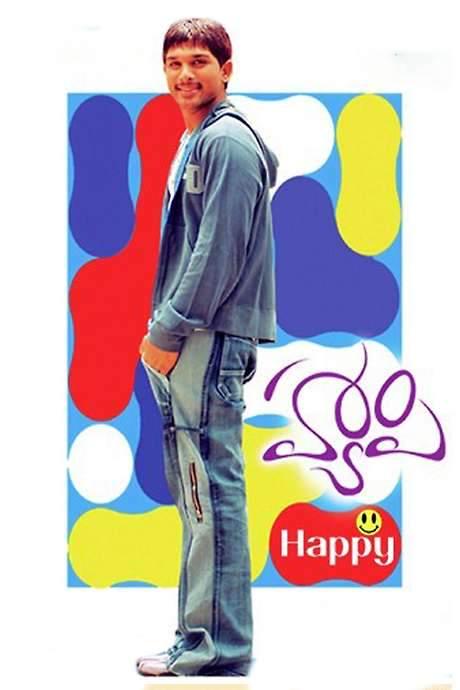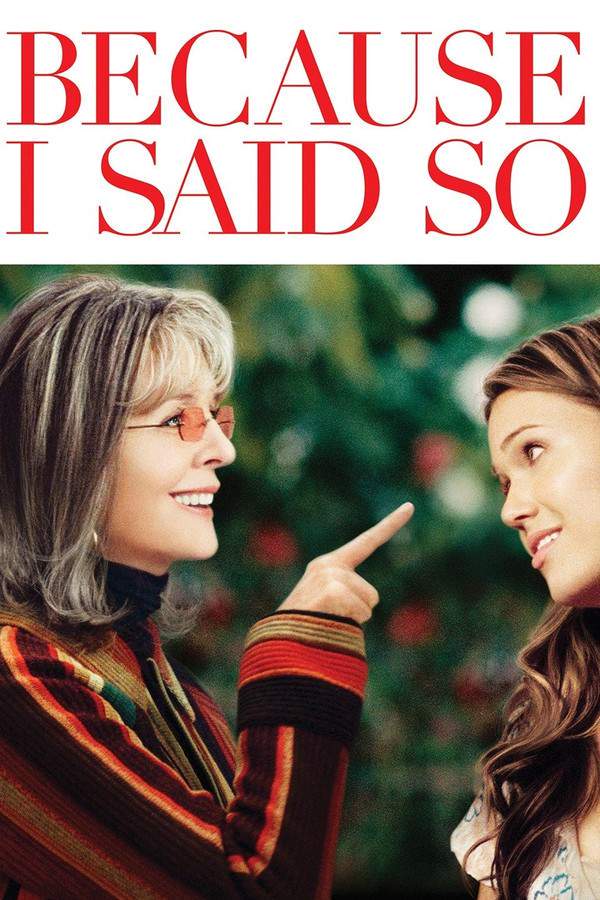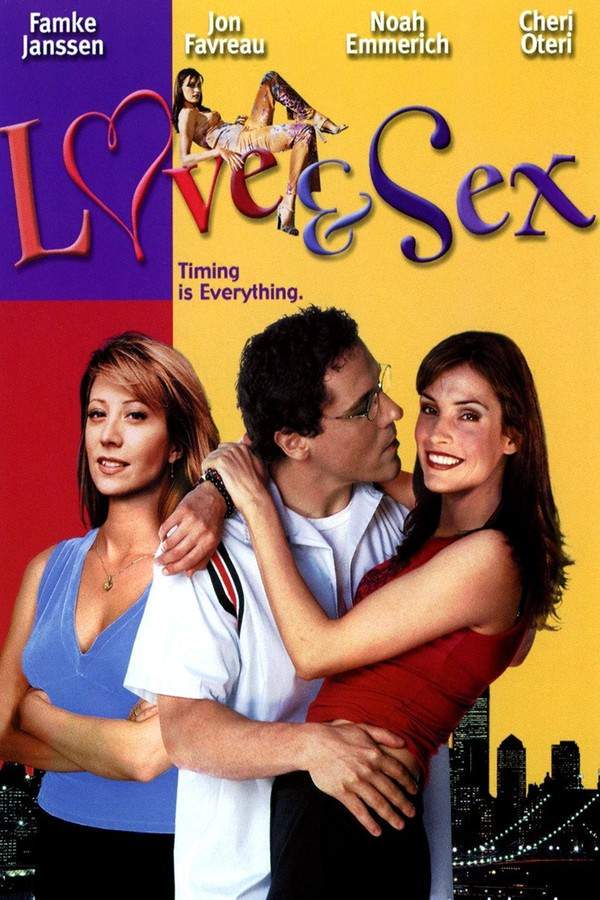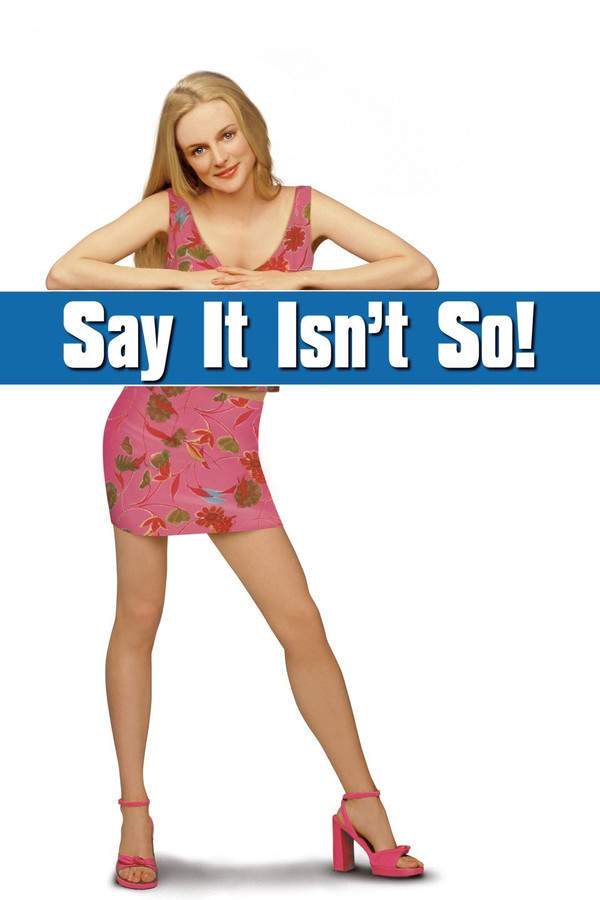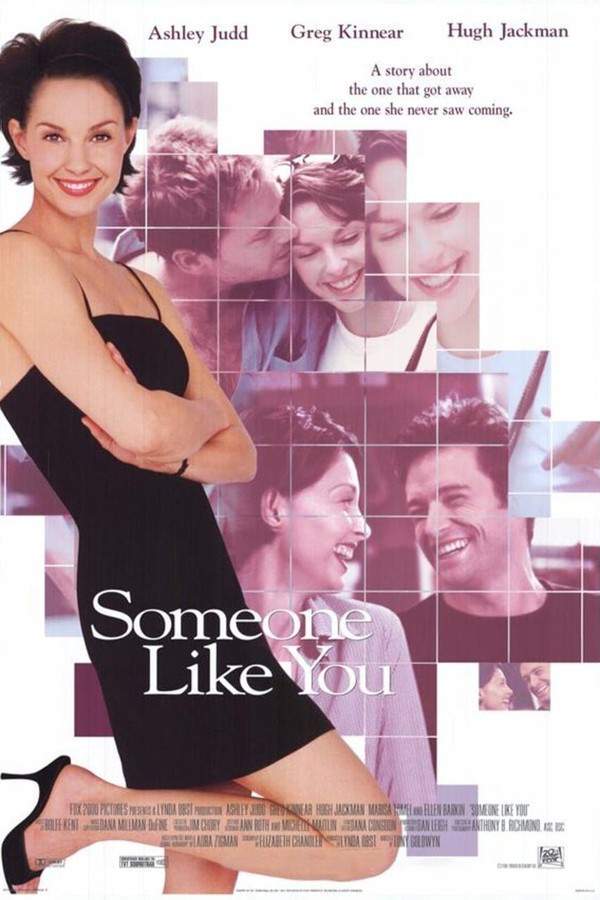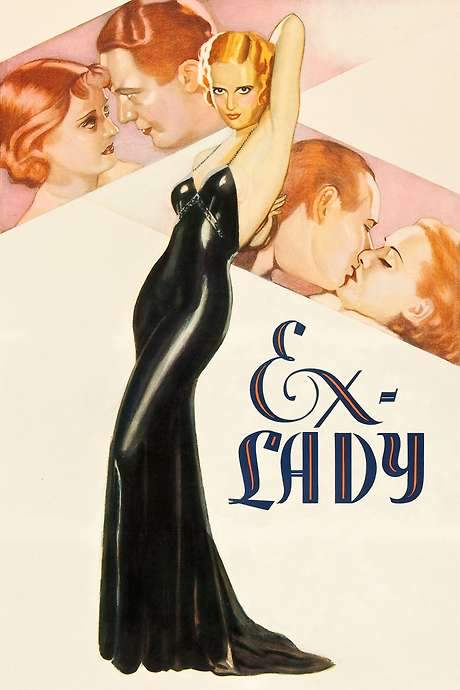
He Said, She Said
Year: 1991
Runtime: 115 mins
Language: English
Directors: Ken Kwapis, Marisa Silver
Dan Hanson, a womanising right‑wing columnist, and Lorie Bryer, a quiet liberal reporter, both write for the Baltimore Sun. When a vacant column pits them against each other, the paper publishes their opposing pieces side by side, sparking a similarly combative local TV debate. Their professional clash slowly turns into an unexpected romance.
Warning: spoilers below!
Haven’t seen He Said, She Said yet? This summary contains major spoilers. Bookmark the page, watch the movie, and come back for the full breakdown. If you're ready, scroll on and relive the story!
He Said, She Said (1991) – Full Plot Summary & Ending Explained
Read the complete plot breakdown of He Said, She Said (1991), including all key story events, major twists, and the ending explained in detail. Discover what really happened—and what it all means.
Dan Kevin Bacon and Lorie Elizabeth Perkins are seasoned writers at the Baltimore Sun, each carving out a niche—Dan penning obituaries and Lorie shaping wedding announcements. Their lives intersect in a way that starts as professional rivalry and blossoms into something far more intimate. The film follows their rise from colleagues with clashing viewpoints to a pair whose on-screen disagreement becomes a national sensation.
In the newsroom, the two spar over ideas, tone, and ethics, but their differences only fuel curiosity and ratings. The city’s readers tune in as their side‑by‑side columns morph into a living, breathing debate about civic life, right and wrong, and what it means to tell the truth in newspapers and in public discourse. The friction between their conservative and liberal sensibilities becomes a spotlight, drawing eyes to their every move both on the page and off.
The plot takes a bold turn when a morning talk‑show appearance gives birth to a new television project: a point‑counterpoint program that will feature the two opposite voices debating the same topics. The concept excites a local station and quickly enlists them in a format that promises to boost ratings and redefine their careers. What starts as a clever publishing gimmick evolves into a real emotional experiment, because the more they spar on air and behind the scenes, the more they discover about each other—and about themselves.
As the program gains momentum, sparks fly and the air is thick with chemistry. The audience watches as their professional banter begins to feel personal, and the lines between work and attraction blur. The pair finds themselves drawn to one another in private moments, even as public life demands a polished, combative stance. The dynamic shifts from adversarial to affectionate, and both Dan [Kevin Bacon] and Lorie [Elizabeth Perkins] begin to confront a deeper truth: their feelings are genuine, even if the timing is messy and the risk is high.
The film splits into two halves to explore this emotional arc from opposing viewpoints. The first half unfolds through Dan’s memories of the three years leading up to a pivotal on‑air moment, detailing his past as a charming but commitment‑phobic figure who is quick with a quip and slow to open up. He sees himself as a free spirit, a man who resists mending his ways. The humor in his flirtations and the misread signals around serious relationships are rendered with a careful, grounded touch that reveals both flaw and humanity. The audience learns how his defenses take root, how he justifies his reluctance to settle down, and how a series of misunderstandings and choices gradually brought him to a personal crossroads.
In parallel, the second half presents Lorie’s perspective, tracing the same three years from her side of the story. She networks through the same milestones, but with a different emotional lens, and the film invites us to see how expectations, trust, and vulnerability shape her decisions. Her strategy to steer their connection—carefully orchestrating moments that feel accidental—shows her longing to protect herself while secretly hoping for something lasting. When she confesses her growing love, the moment is tender and quietly brave, even as Dan’s ambivalence remains a hurdle. The tension between desire and hesitation is tempered by a generous dose of self‑reflection, making their eventual resolve feel earned rather than rushed.
Amid the romance, the supporting characters drift through the narrative like comic foils and ballast. Linda Metzger [Sharon Stone] enters as a figure from Dan’s past, complicating the present with unresolved ties and a reminder of what he might be risking by choosing commitment. Other figures—coworkers, friends, and the TV crew—provide texture to the newsroom and studio life, illustrating how public passion tests private loyalties and how the glare of the spotlight can magnify everyday choices.
The turning point arrives during a dramatic live broadcast that tests everything they’ve built. In the green room just before going on, a dispute erupts that reveals the truth behind their past decisions: Dan had listened to Linda and had made lunch plans, signaling to Lorie that he might not be ready to marry. The moment exposes a fault line—jealousy, doubt, and the fear of giving up independence for a shared future. It’s a raw, human exchange that reframes the entire relationship and heightens the stakes for the big on‑air confrontation.
On the day that should mark the end of their show—and perhaps their relationship—Dan pre‑records a rebuttal that seems to shut the door on commitment. Lorie, in contrast, delivers a live, impassioned response that reopens the possibility of union, framing their romance within the broader conversation about partnership and progress. Her live performance features a pointed allusion to a casual line Dan once made—that if she could “clean the bottom of her mug,” their relationship could survive—and she uses it to underline her point about growth and change. The studio audience watches as the two speak in parallel time, each reversal echoing the other’s stance, and the moment culminates in a mutual, reconciling gesture.
In the final act, the pieces come together in a scene of reconciliation and renewed commitment. Dan’s prepared rebuttal is finally replaced by a sincere, spontaneous plea for another chance, and he reappears on stage to claim the love he had hesitated to admit. The moment is intimate and cinematic, with their embrace signaling a hopeful conclusion that respects both their professional identities and their personal bond.
Throughout, the film balances sharp social observation with warm, character‑driven storytelling. It explores how people with opposing viewpoints can learn to listen, understand, and care for one another when honesty and courage push them beyond their comfort zones. The newsroom and the studio provide complementary backdrops for this evolving relationship, illustrating how public imagination and private longing can intersect in surprising, meaningful ways. The ending affirms the idea that love can endure even when two people start from opposite ends of the spectrum, and that true partnership may require both agreement and forgiveness, along with a willingness to grow together.
- Note: The relationships and dynamics are presented with a focus on fairness, nuance, and human complexity, keeping the tone balanced and accessible for a broad audience.
Last Updated: October 09, 2025 at 14:53
Explore Movie Threads
Discover curated groups of movies connected by mood, themes, and story style. Browse collections built around emotion, atmosphere, and narrative focus to easily find films that match what you feel like watching right now.
Witty Opposites-Attract Workplaces like in He Said, She Said
Sharp banter and professional clashes pave the way for a slow-burn romance.Explore movies like 'He Said, She Said' where a spark of romantic tension ignites between workplace rivals. These films combine sharp, witty dialogue with the dynamics of professional competition, resulting in charming and hopeful stories about opposites who find love where they least expect it.
Narrative Summary
The narrative typically pits two strong-willed, professionally competent characters against each other, often with opposing viewpoints. Their initial antagonism, expressed through clever banter and workplace competition, slowly gives way to mutual respect and undeniable attraction, leading to a central conflict between career ambitions and personal feelings before a satisfying resolution.
Why These Movies?
Movies in this thread share a specific blend of romantic chemistry, intellectual sparring, and a professional setting. They balance a light, humorous tone with genuine emotional vulnerability, creating a cohesive vibe centered on the thrill of a debate that turns into a courtship.
Movies with Earned Romantic Reconciliations like He Said, She Said
Couples overcome miscommunication and fears to find a sincere, believable happy ending.If you liked the sincere, hopeful ending of 'He Said, She Said', you'll enjoy these movies. They feature couples who must truly work through their differences and personal flaws, making their final happy ending feel deserved and emotionally resonant rather than simplistic.
Narrative Summary
The narrative follows a couple whose relationship is tested by realistic, internal conflicts rather than external forces. The story invests time in exploring their vulnerabilities and misunderstandings, creating a meaningful emotional journey. The resolution is not a quick fix but a moment of genuine growth and understanding that validates the entire emotional arc.
Why These Movies?
These films are grouped by their commitment to emotional authenticity within the romance genre. They share a medium emotional weight, balancing humor and heartache, and deliver a happy ending that feels rewarding because the characters have genuinely evolved to deserve it.
Unlock the Full Story of He Said, She Said
Don't stop at just watching — explore He Said, She Said in full detail. From the complete plot summary and scene-by-scene timeline to character breakdowns, thematic analysis, and a deep dive into the ending — every page helps you truly understand what He Said, She Said is all about. Plus, discover what's next after the movie.
He Said, She Said Timeline
Track the full timeline of He Said, She Said with every major event arranged chronologically. Perfect for decoding non-linear storytelling, flashbacks, or parallel narratives with a clear scene-by-scene breakdown.

Characters, Settings & Themes in He Said, She Said
Discover the characters, locations, and core themes that shape He Said, She Said. Get insights into symbolic elements, setting significance, and deeper narrative meaning — ideal for thematic analysis and movie breakdowns.

He Said, She Said Spoiler-Free Summary
Get a quick, spoiler-free overview of He Said, She Said that covers the main plot points and key details without revealing any major twists or spoilers. Perfect for those who want to know what to expect before diving in.

More About He Said, She Said
Visit What's After the Movie to explore more about He Said, She Said: box office results, cast and crew info, production details, post-credit scenes, and external links — all in one place for movie fans and researchers.

Similar Movies to He Said, She Said
Discover movies like He Said, She Said that share similar genres, themes, and storytelling elements. Whether you’re drawn to the atmosphere, character arcs, or plot structure, these curated recommendations will help you explore more films you’ll love.
Explore More About Movie He Said, She Said
He Said, She Said (1991) Scene-by-Scene Movie Timeline
He Said, She Said (1991) Movie Characters, Themes & Settings
He Said, She Said (1991) Spoiler-Free Summary & Key Flow
Movies Like He Said, She Said – Similar Titles You’ll Enjoy
Because I Said So (2007) Complete Plot Breakdown
Love & Sex (2000) Ending Explained & Film Insights
Say It Isn't So (2001) Full Summary & Key Details
Someone Like You... (2001) Plot Summary & Ending Explained
You Can’t Say No (2018) Full Movie Breakdown
Me, Myself and Her (2015) Ending Explained & Film Insights
Do I Say I Do? (2017) Detailed Story Recap
Just Tell Me What You Want (1980) Full Summary & Key Details
She Said, He Said (2019) Movie Recap & Themes
Ex-Lady (1933) Full Movie Breakdown
There’s a Girl in My Soup (1970) Spoiler-Packed Plot Recap
Love Is News (1937) Ending Explained & Film Insights
The Girl Said No (1930) Movie Recap & Themes
When Love Springs (2023) Plot Summary & Ending Explained
Men Are Such Fools (1938) Movie Recap & Themes



